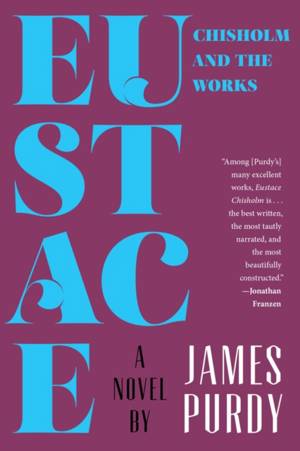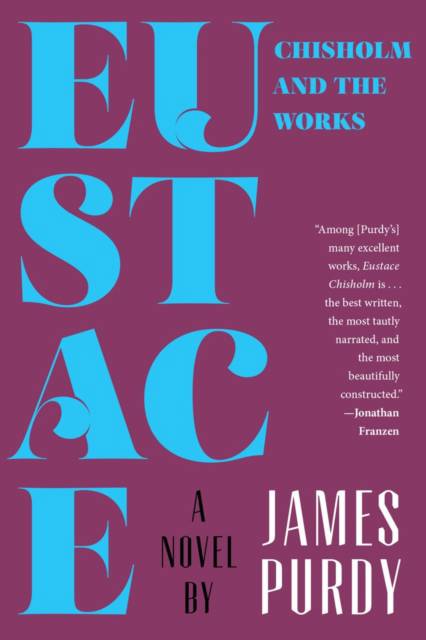
- Retrait gratuit dans votre magasin Club
- 7.000.000 titres dans notre catalogue
- Payer en toute sécurité
- Toujours un magasin près de chez vous
- Retrait gratuit dans votre magasin Club
- 7.000.000 titres dans notre catalogue
- Payer en toute sécurité
- Toujours un magasin près de chez vous
Description
No James Purdy novel has dazzled contemporary writers more than this haunting tale of unrequited love in an indifferent world. A seedy depression-era boarding house in Chicago plays host to "a game of emotional chairs" (The Guardian) in a novel initially condemned for its frank depiction of abortion, homosexuality, and life on the margins of American society. A cast of characters displaced by economic distress congeal around the embittered poet Eustace Chisholm, who acts as a something of a Greek chorus for the doomed and destructive relationship that is instigated when landlord Daniel Haws falls in love with young college student Amos Ratcliffe. Building to a shocking conclusion, Eustace Chisholm and the Works is a dark and gothic look at the strange and terrible power of love amid a "psychic American landscape of deluded innocence, sexual obsession, violence, and isolation" (William Grimes, New York Times).
Spécifications
Parties prenantes
- Auteur(s) :
- Editeur:
Contenu
- Nombre de pages :
- 304
- Langue:
- Anglais
Caractéristiques
- EAN:
- 9780871409522
- Date de parution :
- 13-04-15
- Format:
- Livre broché
- Format numérique:
- Trade paperback (VS)
- Dimensions :
- 140 mm x 208 mm
- Poids :
- 235 g







